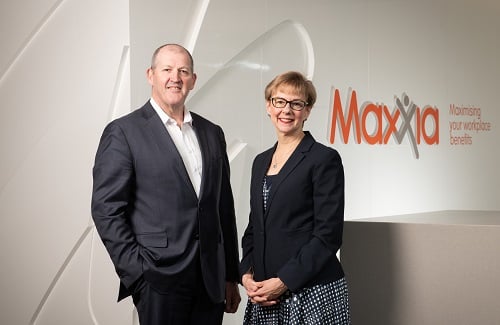
HR needs to deploy new ways to win the war for talent if they are to prevent a jobs crisis

HR must focus on employee experience (EX) or risk the consequences of losing workers, as staff turnover costs Australia $3.8 billion in lost productivity and $375 million in avoidable recruitment costs.
That’s one of the major findings of the 2018 Employee Experience Report, which investigated the value of EX in Australian workplaces.
Commissioned by workplace benefits provider Maxxia, and conducted by HR training and consulting firm Ignite Global, the report presents insights concerning attitudes to EX amongst Australian businesses.
Based on interviews with more than 600 HR professionals across Australia, the report uncovered seven key take-aways:
Some companies are already seeing the value in applying an EX lens to their HR practices which is important because 1.4 million jobs are expected to be unfillable by 2025 due to an expanding skills gap caused by digital disruption, globalisation and an aging population.
However, the report demonstrates that most employers are not necessarily having regular dialogue about EX and using it in a formalised manner, as a staff attraction and retention tool, making them vulnerable to losing talent.
Founder and CEO of Ignite Global, Kim Seeling Smith, said a key benefit of EX is that it presents a simple solution to a “very real - and very complex - people problem”.
“To survive, let along thrive, in this changing landscape, organisations will need to find people who have the capability and desire to iterate, pivot and innovate to meet changing customer needs,” said Seeling Smith.
“Employee Engagement, the long-held standard by which organisations view their interactions with staff, has proven to be an incomplete and ineffective way of attracting and retaining talent, so we found businesses are pleased to have the new lens of EX through which to examine the people problem.
Seeling Smith said two things can happen by viewing things through an EX lens.
“Firstly, quick wins become obvious, and secondly, there are likely to be some very simple things you can do to improve the experience of your employees – and it might not even cost a cent.”
Moreover, Maxxia CEO Mike Salisbury said the company had commissioned this important report because it had identified a gap in the Australian market for contemporary research on how organisations can benefit from EX.
“The EX conversation taking place in Australian boardrooms sits at the heart of what we do, which is provide salary packaging and workplace benefits that are essential for attracting and retaining talent,” said Salisbury.
“Through our work with employers to help them make their staff’s salaries go further, we understand the need to monitor EX, which is why we have taken a closer look at the issue by commissioning this important research.
“Through this research, we trust that many more companies and employers will pause and ultimately make EX a live part of their suite of staff attraction and retention tools.”
He added that organisations which deliver a high-quality EX are much more likely to have “productive, happy and loyal employees”.
To access the report, click here.